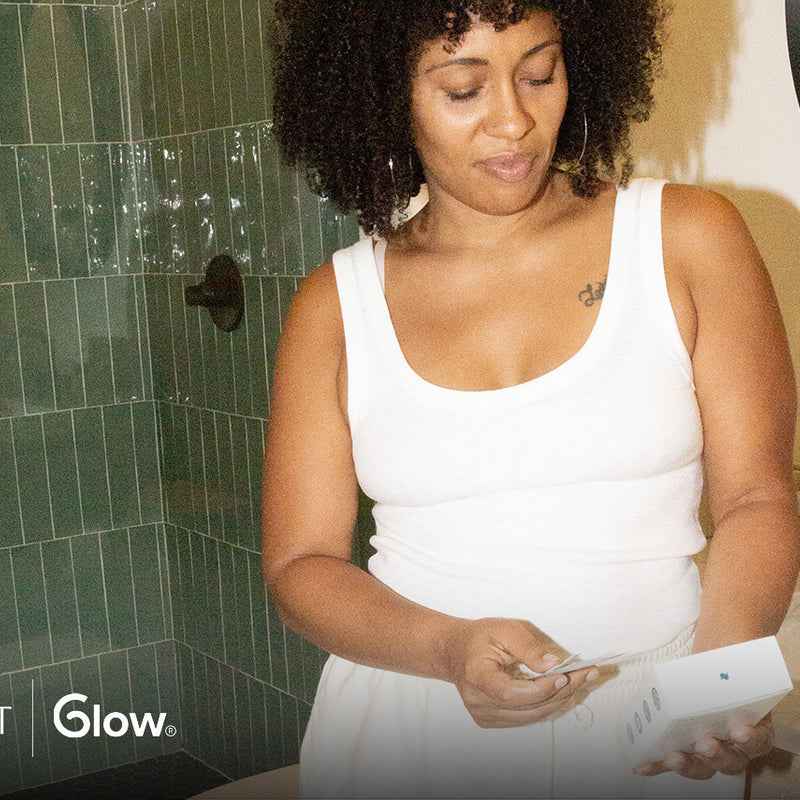Becoming a Single Parent by Choice

Becoming a single parent by choice is a uniquely exciting path and highly intentional decision.
Becoming a parent is one of the greatest joys—and biggest challenges in life. Becoming a single parent by choice is a uniquely exciting path and highly intentional decision. Every child comes from an egg and sperm, so the first step is to decide where your future child will get their genetic material.
Single motherhood by choice and not chance
Single motherhood by choice is on the rise, especially for women over 35. Instead of waiting for a partner, more women are deciding to take things into their own hands and pursue motherhood.
What about the children? A 2016 study of over 100 families found that solo motherhood, in itself, does not result in psychological problems for children. In fact, the study found no differences in parenting quality between families with one mother versus two-parent families, apart from less conflict in solo mother families.
For intended single mothers, it’s possible to get pregnant with a sperm donor and IVF, IUI, or at-home insemination. The good news is that sperm is affordable compared to eggs! An anonymous sperm donation (by the vial) and storage ranges from $400 to $1,000. IUI (estimated costs range from $500-$2,500) is when sperm is placed in a woman's uterus close to the fallopian tubes. IVF (estimated cost can be up to $25,000) is when the egg and sperm are fertilized in the lab, and an embryo is transferred to the uterus.
Single fatherhood by choice
Research on single parenthood is mostly focused on single mothers, but there is a growing number of men pursuing parenthood without a partner. According to the Lancet, there are 2.6 million single fathers (by both choice and chance) in the United States.
Without a womb or eggs, men can become parents with an egg donor and gestational carrier. Egg donation is a lengthy and expensive process which can range from $15,000 to $60,000 for agency fees, egg donor compensation, egg retrieval procedure, and legal documents. A gestational carrier (often called a “surrogate”) chooses to become pregnant and give birth to a child for another individual. A gestational carrier doesn’t have a biological link to the child (unless you choose a family member as your gestational carrier which some people do). The cost of surrogacy ranges from $30,000 to $70,000, not including medical fees. Another less common method, traditional surrogacy, happens when the carrier donates her own egg. That means she’s biologically related to the child.
“I love being the primary caregiver of my daughter. We already have a tangible bond, and I can’t wait to see how it grows as she does. Don’t get me wrong, I’m not in this alone. I have friends and family who help us and who my daughter is bonding with, but there is something so amazing about knowing that all the best smiles are for me! I’ll always be her favorite parent.”
-Anonymous single dad by choice
Adoption
Adoption is also an option for intended single parents of any gender. In the United States, single parent adoption comprises 30% of all domestic adoptions. International adoption is also possible, although it’s easier for single women to get approved for adoptions than single men. Check out the National Council For Adoption for more information on cost and how long this process can take.
🛍️Shop the Planning Collection ⟶
Can I afford to raise a child alone?
As a single parent, you will be head of the household and bread winner all at once. It’s important to determine what level of financial cushion you need to feel comfortable in this role. The average cost for a child’s first year is $12,000. The average cost of raising a kid to age 18, without college, is $225,000. Surprised by the number? You’re not alone. Half of would-be parents estimate the first year would cost less than $5,000.
“Being a single parent is twice the work, twice the stress, and twice the tears, but also twice the hugs, twice the love, and twice the pride.”
-Anonymous
You and your village
They say “it takes a village”—who’s part of yours? Who will help raise your kids? Will you live near family or close friends? Are they willing to help? How will you organize that infrastructure?
Here are some questions you should consider while you plan to become a parent:
- What kind of childcare will you need, and how much will it cost?
- Will your child have a guardian or godparent?
- How will you make time for yourself? Is there anything you're willing to give up after becoming a parent? What do you want to keep doing?
- Is finding a partner in the future important to you as you begin your journey as a single parent?
- How do you envision dating while having a baby or toddler, if at all?
“As you become a single parent, it’s important to remember that not everyone will be in your corner. Perhaps it’s due to their own short-sightedness or an unacknowledged bias. Remember that this is your journey, not theirs. Find your village, and make it small, strong, and 100% behind you.”
-Kelsey Burkett, single mom by choice in Ohio
Resources for intended single parents
There are hundreds of local groups for single parents—do a quick search online to find one! Here are some national resources:
- The Solo Parent Society (SPS) aims to help equip and support solo parents to do more than just survive the solo struggles.
- The Single Parents Alliance of America (SPAOA) is composed of information, third party programs, and savings for single parents across the US.
- Single Parent Advocate is a non-profit organization committed to educating, equipping, and empowering single parents with resources, practical assistance, emotional encouragement, and social networking to better their lives and those of their children.
- Parents Without Partners (PWP) provides single parents and their children with an opportunity for enhancing personal growth, self confidence, and sensitivity towards others by offering an environment for support, friendship, and the exchange of parenting techniques.
- Fatherly is the leading digital media brand for dads. Their mission is to empower men to raise great kids and lead more fulfilling adult lives.
You’ve just taken a huge leap prepping your life for kids. Keep this mindset alive and keep thinking about ways to prepare for parenthood—whether that’s taking a parenting class, reading books, or working on yourself. We wish you all the best!
Reach Out, We're Here
Have questions about your order or products? For the speediest answer, check out our FAQ section. Need something else? Come find us below.
Please keep in mind our regular business hours; Monday-Friday, 9am-5pm CT.
Customer Support
support@natalist.com
Press Inquiries
media@everlyhealth.com
Business & Partnerships
team@natalist.com
Affiliates + Influencers
team@natalist.com
Job Openings
Careers Page























